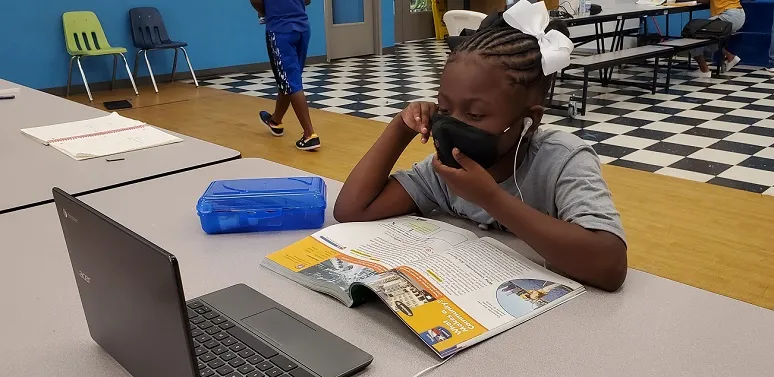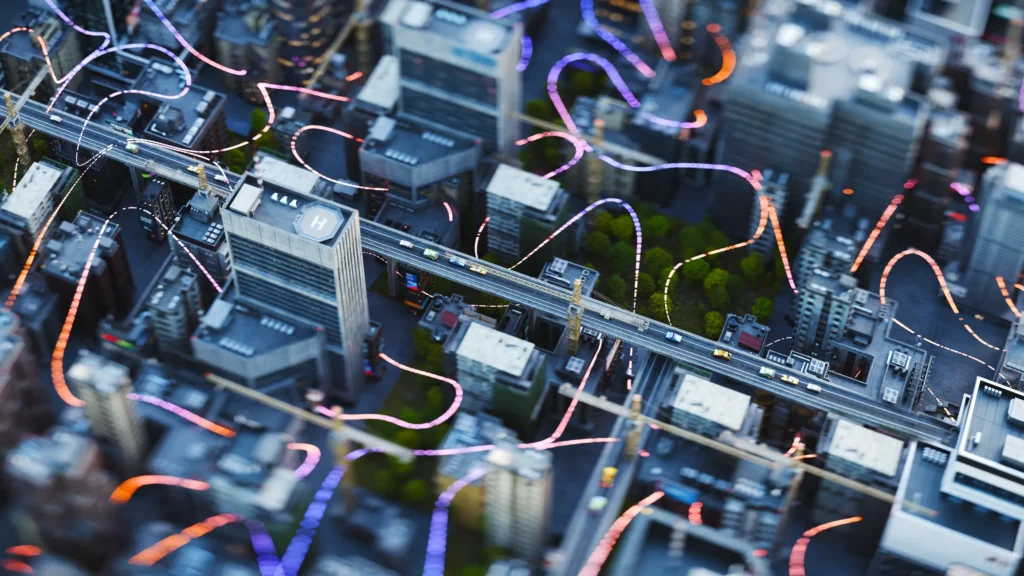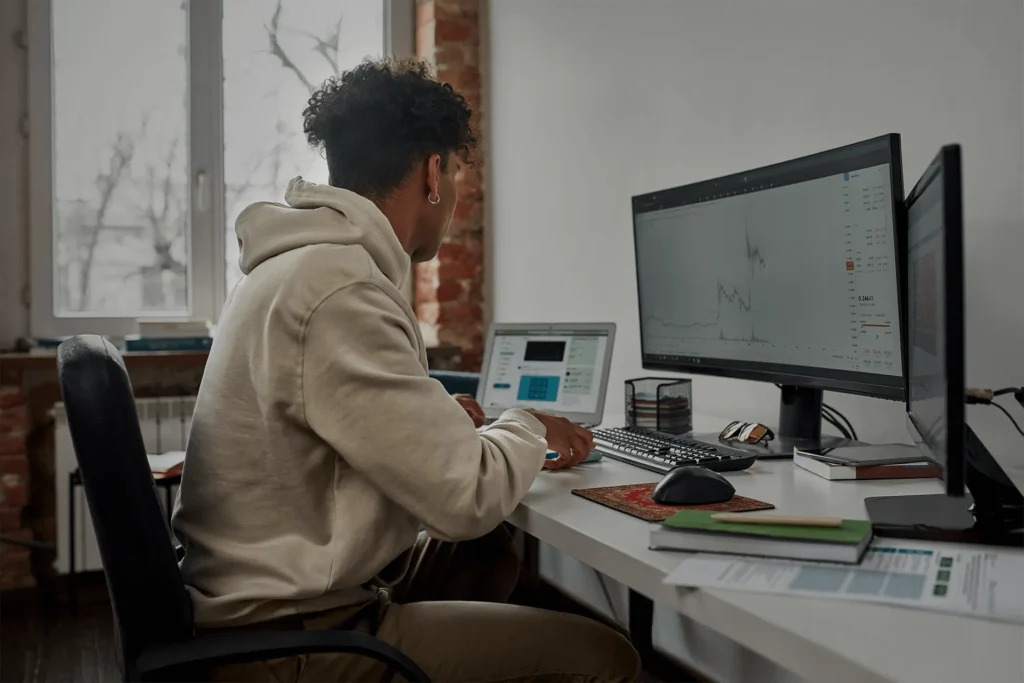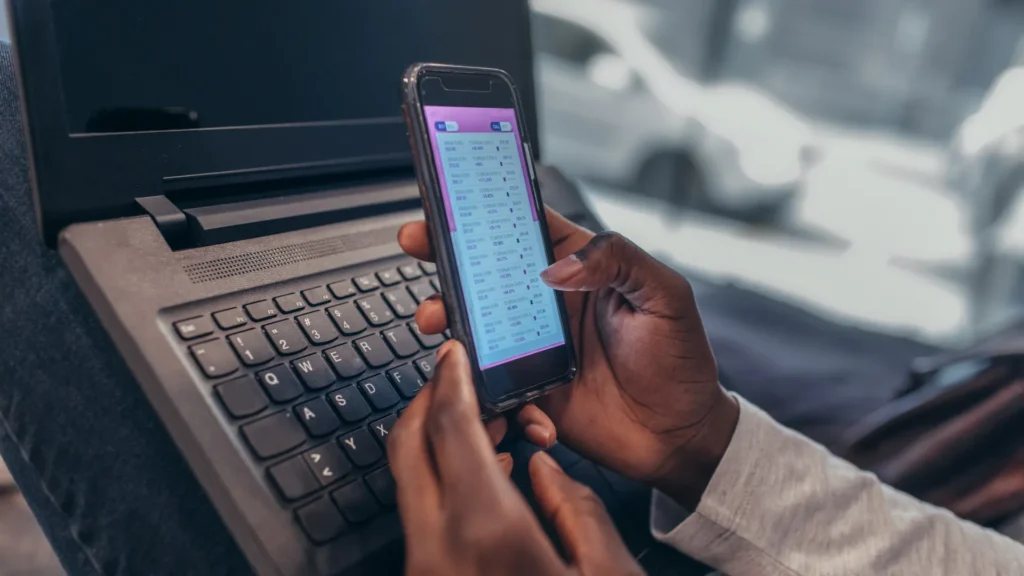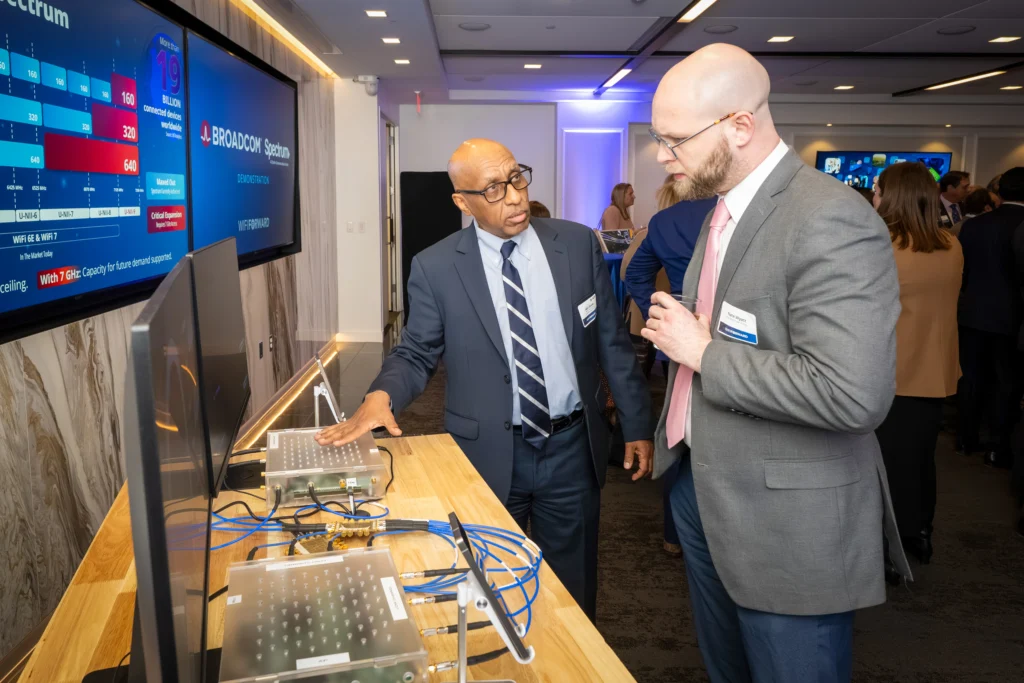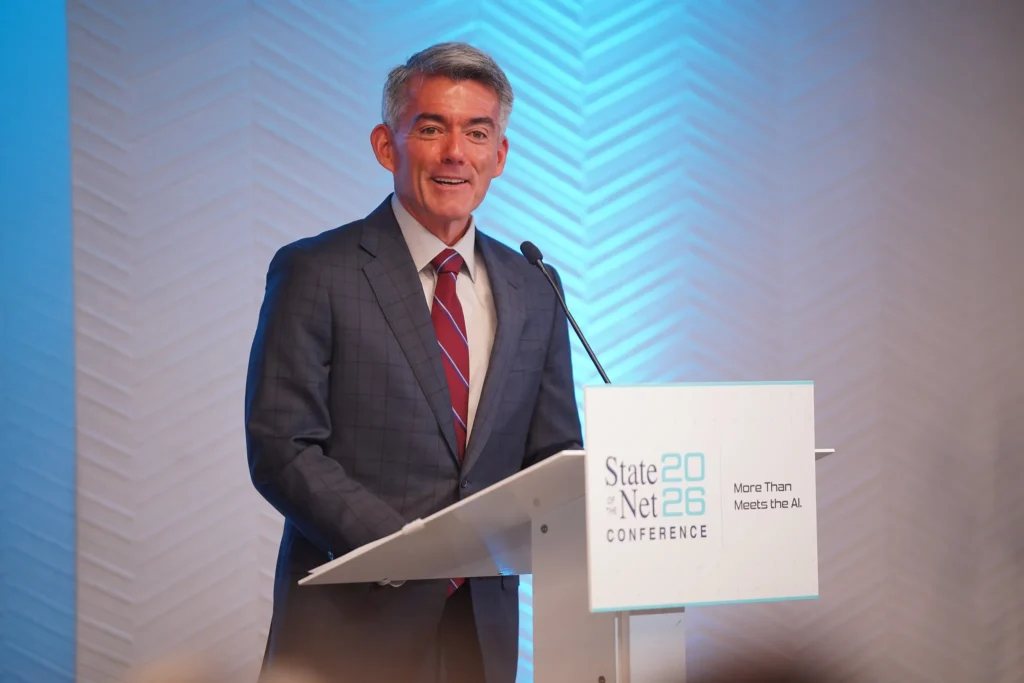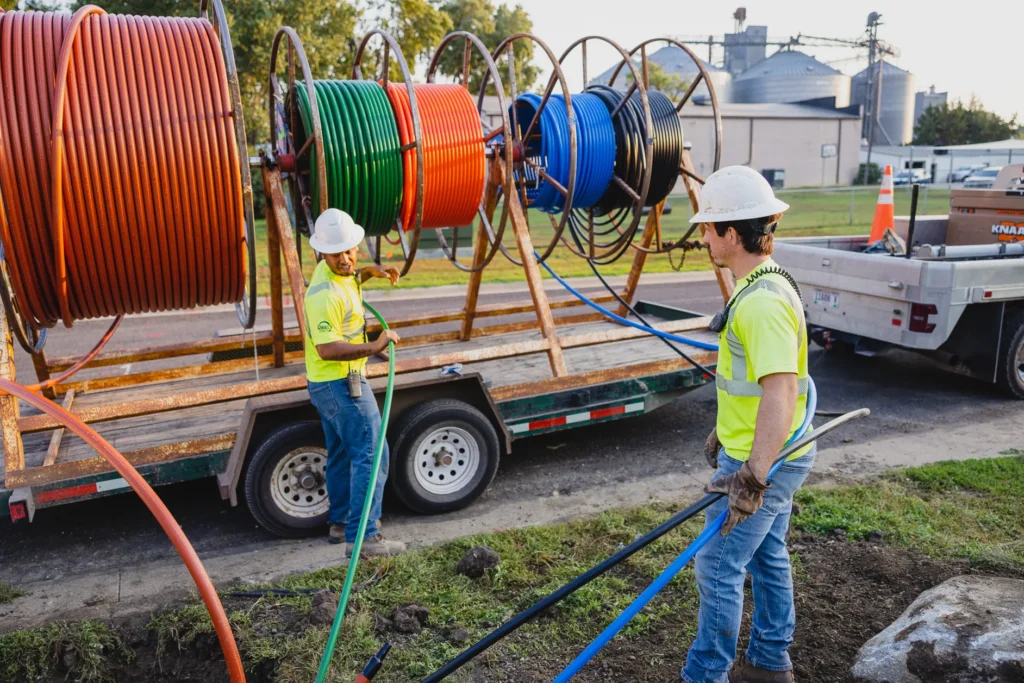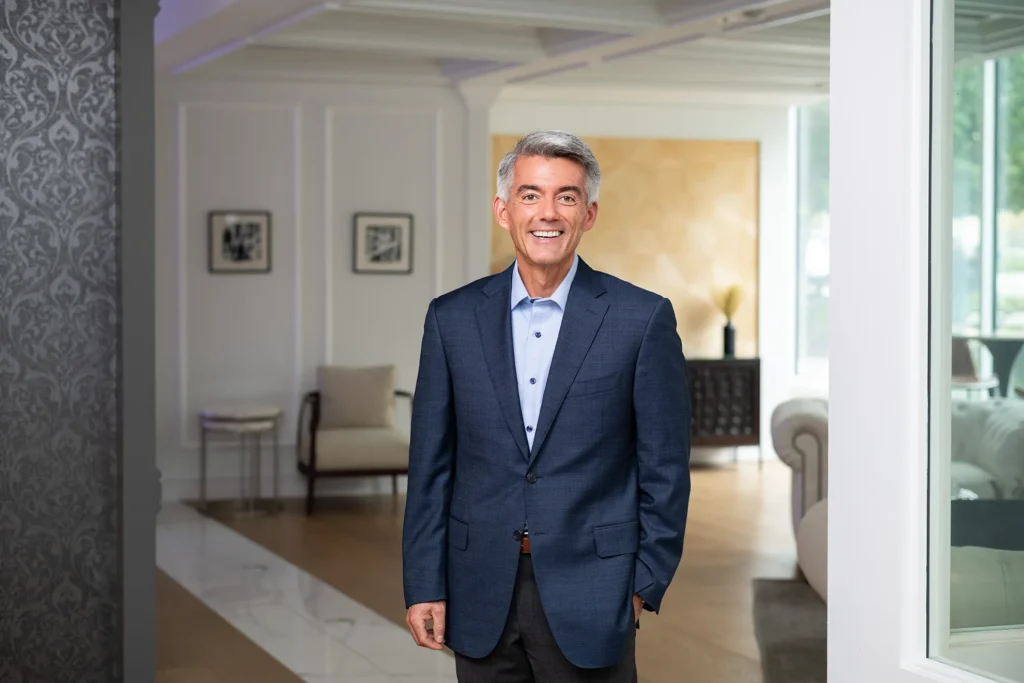This month, millions of children went back to in-person classes and started after-school programs for the first time in over a year due to the COVID-19 pandemic. But some of these programs never shut down. The Boys & Girls Clubs of America, a nonprofit that operates after-school programs for young people nationwide, remained opened in many locations to continue serving the families who depend on the clubs’ services. In fact, in the greater Houston area, the Boys & Girls Clubs opened their doors for eight hours a day during the school week as soon as they were able to implement health and safety protocols advised by the Centers for Disease Control and Prevention. The clubs subsequently became safe spaces where parents could send their children to attend virtual school and complete their homework online. Moreover, with the help of Comcast and its new Lift Zones initiative which launched last year, the Boys & Girls Clubs of Greater Houston, along with many of the other area community organizations, were able to not only provide vulnerable families the childcare that many desperately needed, but also the ability for kids to continue their schooling online.
The Lift Zones offer robust Wi-Fi access in community centers, parks, and small businesses nationwide so that low-income populations and school-aged children are afforded the opportunity to get online in a safe space. When the pandemic hit, Comcast expanded its commitment in the digital equity space by pledging $1 billion over the next 10 years to close the digital divide, and the Lift Zones are part of that commitment. And one year ago this month, the internet service provider announced that more than 1,000 Wi-Fi connected Lift Zones would be implemented in this multiyear effort. They are also a complement to Comcast’s Internet Essentials initiative, which is a successful internet adoption program that has connected 10 million people to its low-cost internet service of $9.95 a month since its inception in 2011.
“Comcast stepped up to fill a gap,” said Boys & Girls Clubs of Greater Houston President & CEO Kevin Hattery. While many of the Boys & Girls Clubs were already equipped with technology labs, the pandemic made it more complicated for the clubs to give every child the opportunity to get online and connect to their virtual classroom. The clubs had to ensure that every room was utilized and set up with high-speed internet to allow for social distancing measures and to keep kids in pods to better contain or mitigate any sort of potential COVID spread. Hattery further explained, “The Comcast Lift Zones gave us the opportunity to ensure the entire footprint [in a club] was covered so that places like the gymnasium, where you never thought could be used as a learning space, could now be used that way.”
Melinda Little, Comcast Sr. Director of Government Affairs in the Houston region, reached out to Hattery with the invitation to become a Lift Zone partner after seeing that the Boys & Girls Clubs fit the criteria that Comcast was looking for—spaces that serve low-income populations where connectivity was possible and where COVID safety and health protocols could be followed. “We guaranteed to do this for three years,” said Little. “And these Lift Zones are powered by Comcast Business Internet and a set of security solutions based on the unique connectivity needs of each location. They were set up to ensure that when people get online, they are very secure.”
In the Houston region, the Boys & Girls Clubs serve over 30,000 youth annually, with over 98% coming from economically disadvantaged families and 96% being youth of color. Comcast External Communications Manager for the Houston Region Misha McClure explained that the Boys & Girls Clubs of Greater Houston has been a valuable partner for Comcast because their staff are the ones out in the field interacting with families every day. They act as a critical local communications liaison by encouraging families to get connected to the internet, whether in their households through the Internet Essentials program and/or at a Comcast Lift Zone space. “When you leverage strong relationships within a community like this, it makes all the difference in the world,” said McClure.
Although the club locations in greater Houston are now back to acting as after-school facilities since the majority of schools are now open, parents like Indy Barnes are still appreciative of the opportunity the club provided her over the past year when her kids’ school was closed and she still had to work. Barnes has twin 11-year-old boys who continued to attend the club over the summer and now after school where they can get started on their homework.
“It was a blessing for them to be able to attend the club when their school was closed,” said Barnes. “It became a learning environment, and the kids were able to adapt to it.” Barnes added that while she was nervous to send her kids to the club during a pandemic, she knew it was important for them to attend their school’s virtual learning program and for her to be able to work. She also deeply trusted the club’s staff to look out for their safety and knew they were in good hands. “My sons are also a lot more tech-savvy now,” she added about their experience from the past year.
While in-person instruction is back, the importance of a high-speed internet connection for school-aged children isn’t going away. The Comcast Lift Zones will continue to act as a critical internet access point for families who attend a select group of Boys & Girls Clubs and for numerous community organizations nationwide that serve vulnerable populations. And with the lessons learned from the past year of virtual learning, places like the Boys & Girls Clubs are now equipped and prepared to help kids get online easily and seamlessly for classroom instruction or to complete a homework assignment. As Hattery remarked, “This is a good example of what a good collaboration looks like to benefit young people.”

